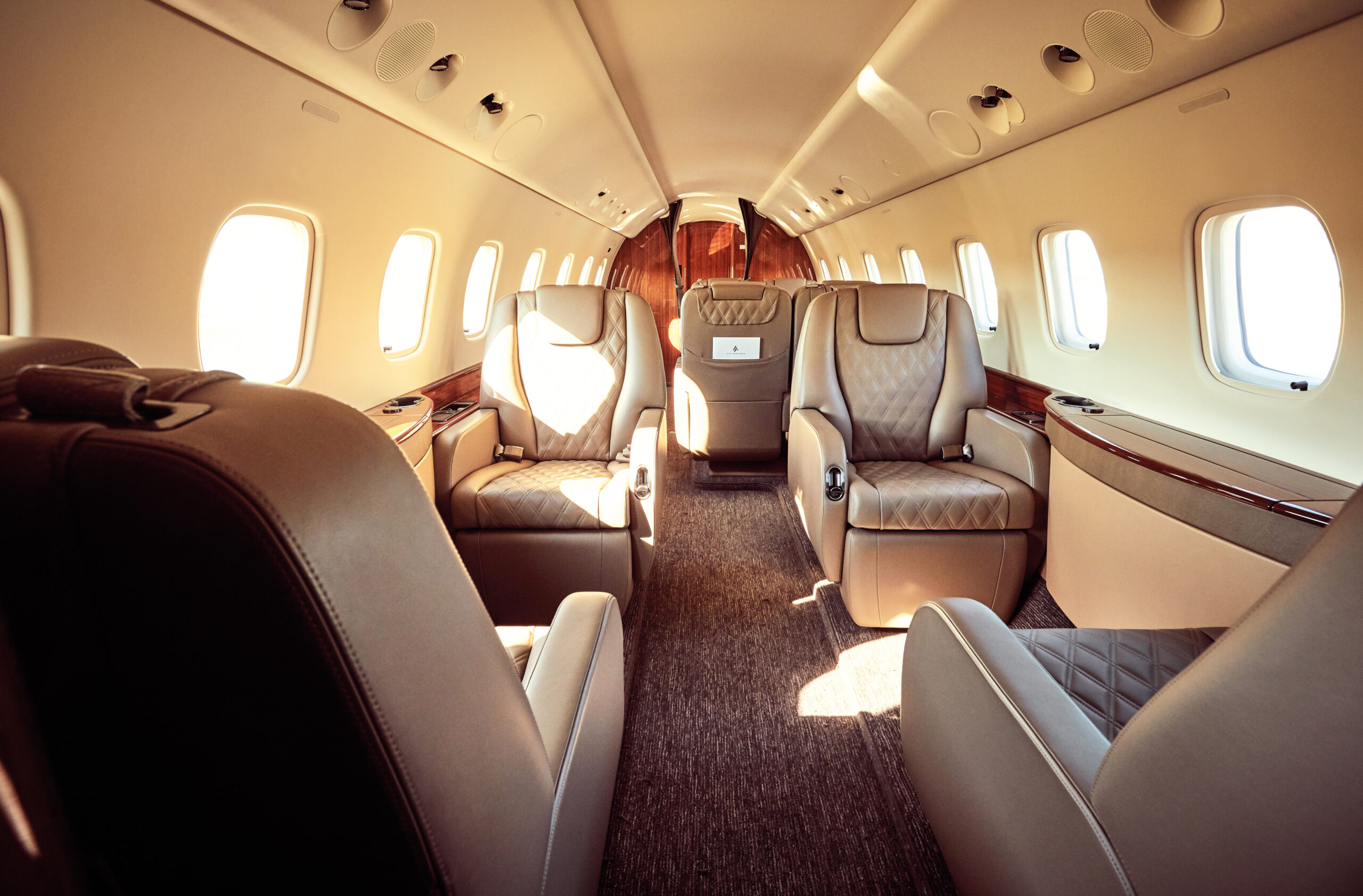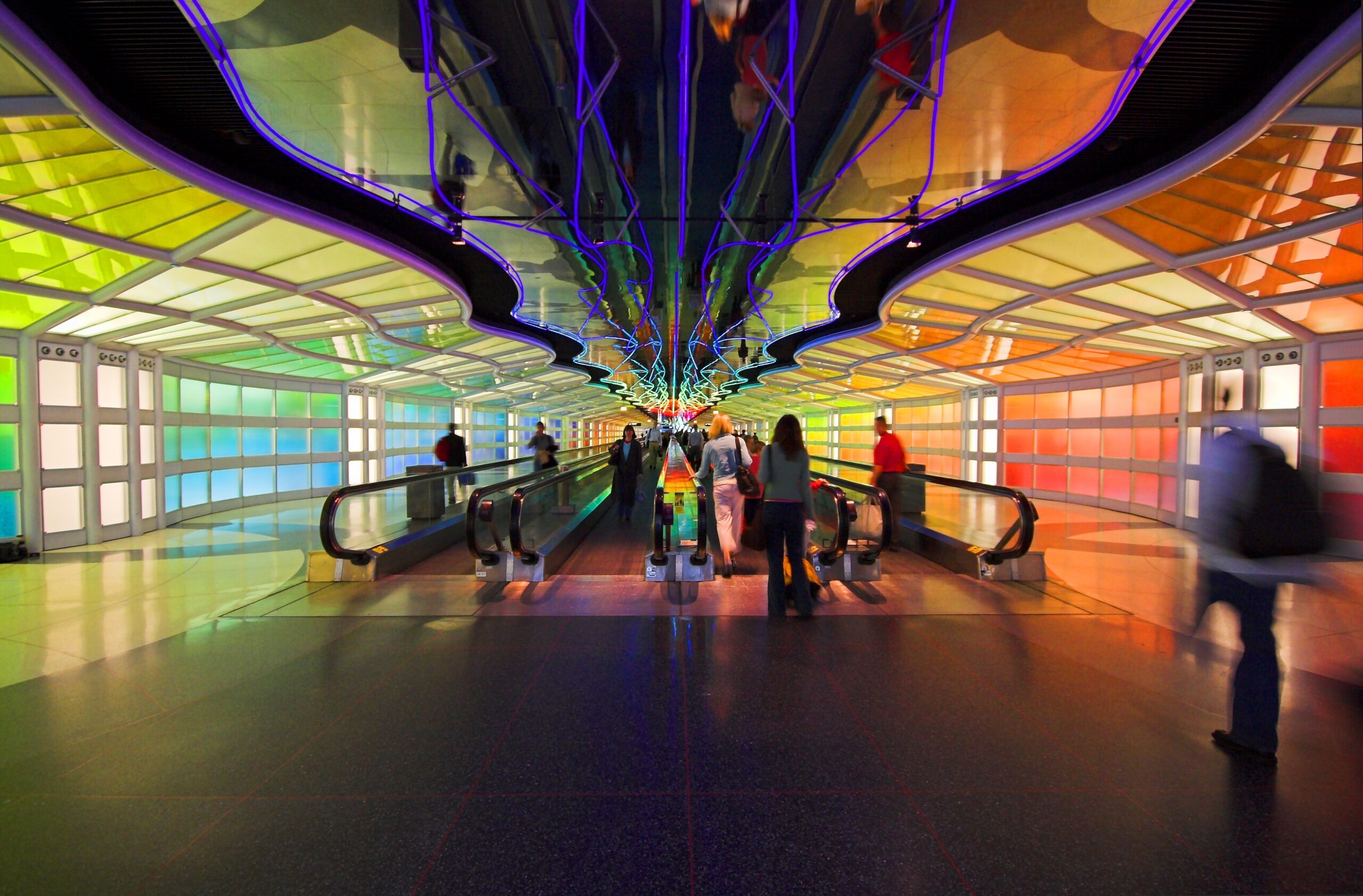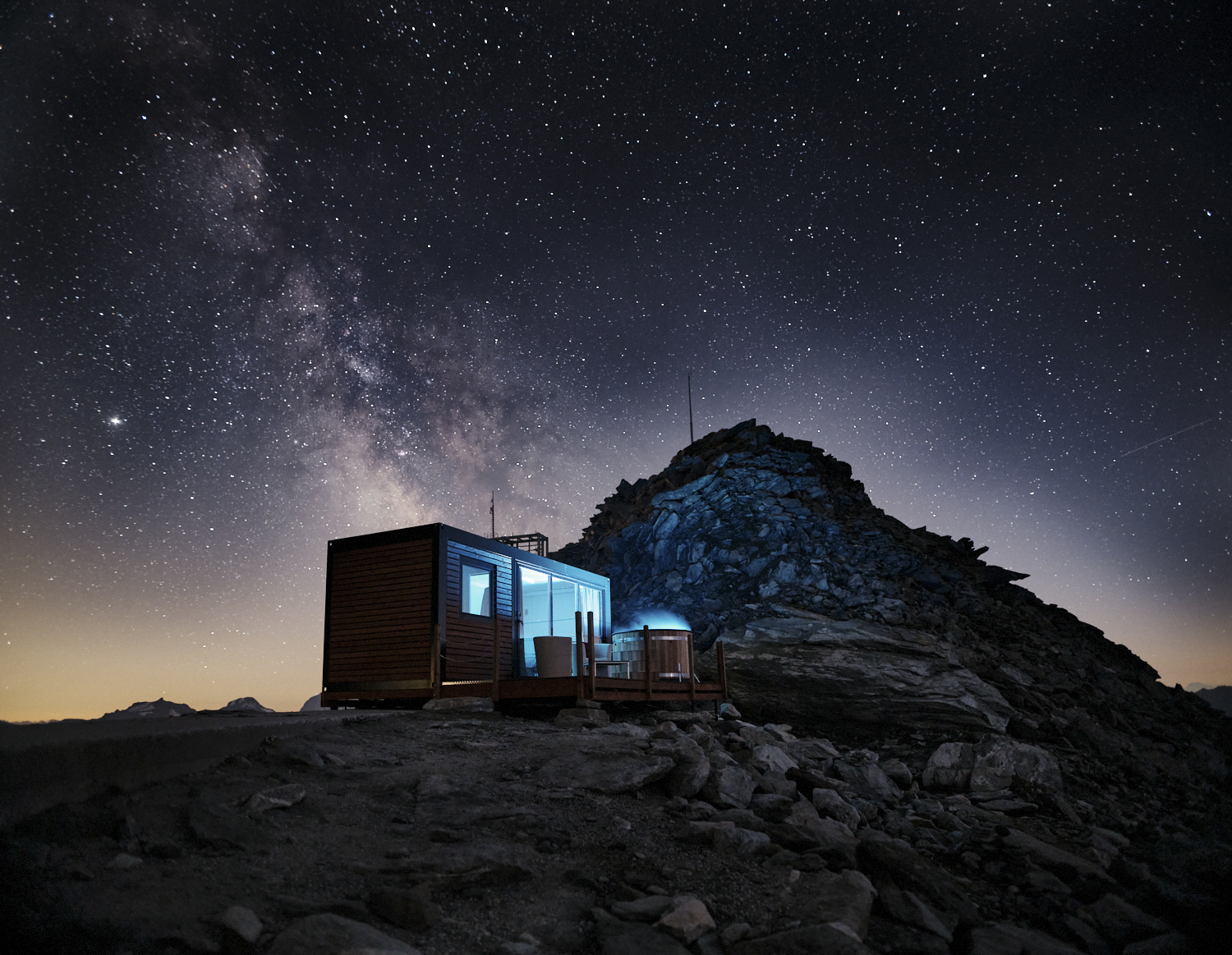Debut Charters, Curated Drives, VIP Terminals and Landscape Cabins are the among trends revealed in a new report from Globetrender.
Globetrender, the UK’s leading travel trend forecasting agency, has published a new report, Private Travel Trends: 2021-2022, which explores key trends emerging in the private travel space.
Free to download, the report has been produced in association with private jet charter company Air Partner and Do Not Disturb, a new global private travel community and event from This is Beyond.
Private Travel Trends: 2021-2022 identifies eight trends including: Debut Charters, which looks at the rise of first-time private jet users during the pandemic; Curated Drives, which examines how high-end hotels and hospitality companies are taking road trips to the next level; VIP Terminals, which looks at the way commercial airports are commoditising congestion-free, fast-track channels for Covid-averse flyers; and Landscape Cabins, which are providing comfy accommodation in even the most remote locations.
The trend report also includes case studies on the forthcoming floating hotel suite Anthénea; The Hoxton Hotels’ new fleet of Camp Hox camper vans; the all-villa Ritz-Carlton Maldives, Fari Islands resort; Koto’s modular Hytte hotel cabin; and home rental platform Onefinestay.
“No longer just the preserve of the super-rich, who have long preferred exclusivity and isolation to mass tourism, nowadays people of all incomes are seeking ways to vacation away from crowds within their own bubble of friends and family,” says Jenny Southan, editor, founder and CEO of Globetrender.
Southan says: “Even with the roll-out of the Covid vaccine, health and wellbeing will remain a top priority for travellers for the foreseeable future, and with that comes a desire for experiences that are safe and secure.
“In this report, we explore eight trends that we think most reflect the shifts in traveller needs and demands of today, as well as the innovations taking place across aviation, hospitality and beyond that demonstrate how companies are responding – and even anticipating – new behaviour and desires.”

Kevin MacNaughton, managing director charter for Air Partner, says: “We are delighted to partner with Globetrender to produce Private Travel Trends: 2021-2022, and to work with This is Beyond’s new event Do Not Disturb.
“There is a growing community of leisure travellers, from multi-generation families to young couples, who seek safety, reliability and flexibility, and for whom private jet travel is the perfect mode of transport.
“Private jet travel goes hand in hand with those looking to stay in exclusive use hotels, enjoy remote getaways and book private islands, as well as those seeking long-term luxury lets to work from abroad and appreciate the speed and convenience of private jets to travel home at short notice.”
Serge Dive, CEO and founder of This Is Beyond, says: “We have thoroughly enjoyed collaborating with Globetrender and Air Partner to produce this report. Our hope is that the findings will provide many in the travel industry with some additional insights and ideas that help to identify some new opportunities.”
Here are excerpts from four of the eight trends featured in the report:
DEBUT CHARTERS
 The impact of Covid-19 on free movement has been well-documented, with travel blighted by international bans, rigorous quarantine policies and the grounding of commercial flights across the globe. For high-net-worth individuals, private aviation represented not just a preferred mode of travel but a necessity for those stranded abroad, as well as those conscious of preventable contact and touch points.
The impact of Covid-19 on free movement has been well-documented, with travel blighted by international bans, rigorous quarantine policies and the grounding of commercial flights across the globe. For high-net-worth individuals, private aviation represented not just a preferred mode of travel but a necessity for those stranded abroad, as well as those conscious of preventable contact and touch points.
As a result, many private jet firms have seen tremendous growth and a new set of first-time customers. Air Partner has also seen interest soar, with a 321% surge in enquiries from UK travellers when travel restrictions lifted during the summer of 2020. “A significant proportion of these enquiries were from first-time leisure clients who recognised the safety, convenience and flexibility of private flying,” says Kevin MacNaughton, Air Partner’s managing director charter.
CURATED DRIVES
 In a bid to entice the elite to hit the road, a host of high-end hotels and travel companies are delivering their signature brand experiences on wheels, curating every leg of the way in style. From route planning – including stops for fabulous photo opportunities and decadent lunches – to organising rare or vintage vehicle loans and even tailing guests in support vehicles, think of these “supercharged road trips” as mobile showcases for the finest hospitality brands in the business.
In a bid to entice the elite to hit the road, a host of high-end hotels and travel companies are delivering their signature brand experiences on wheels, curating every leg of the way in style. From route planning – including stops for fabulous photo opportunities and decadent lunches – to organising rare or vintage vehicle loans and even tailing guests in support vehicles, think of these “supercharged road trips” as mobile showcases for the finest hospitality brands in the business.
Aman, for example, is offering three- to five-day self-drive road trips in the US, Europe and Japan. A concierge will arrange every detail: from booking a sports car, SUV or classic automobile (they will even ship out guests’ own vehicles) to deluxe catering on the road, plus bespoke GPS systems and iPhones pre-loaded with routes and insider recommendations. Aman will also lay on support vehicles if desired, ideal if the idea of foreign touring feels daunting after a year of lockdowns – and particularly useful if you’re travelling in a vintage motor. The starting price for group “Driving Journeys” are from US$6,500 for three days.
VIP TERMINALS
 As travel resumes, it’s not just cumbersome testing requirements that will compromise the experience: increased bureaucracy could see holidaymakers kettled in congested airports. At London Heathrow, queues of six hours or more have already emerged at the border. Commercial airports that can offer expedited, crowd-free and touch-free check-in and immigration services, in addition to the fast-track services already offered to business- and first-class passengers, should find captive audiences willing to pay for the privilege.
As travel resumes, it’s not just cumbersome testing requirements that will compromise the experience: increased bureaucracy could see holidaymakers kettled in congested airports. At London Heathrow, queues of six hours or more have already emerged at the border. Commercial airports that can offer expedited, crowd-free and touch-free check-in and immigration services, in addition to the fast-track services already offered to business- and first-class passengers, should find captive audiences willing to pay for the privilege.
Previously referred to as The Private Suite, PS at Los Angeles International airport shows what’s possible. Located in a private terminal away from the main passenger hub, its customers relax in their own suite while agents deal with protocols; after clearing a private TSA screening, a BMW transfer shepherds them to their aircraft.
LANDSCAPE CABINS
 Our delight in reconnecting with the natural world has been one of the happier by-products of the pandemic. Over the last year, demand for remote accommodation far from cities has continued to soar, with rural listings on Airbnb earning hosts more than US$5 billion since March 11, 2020.
The “sharing economy” platform has even gone so far as launching a “rural bootcamp” project, designed to help non-urban communities unlock access to their homes more easily.
Our delight in reconnecting with the natural world has been one of the happier by-products of the pandemic. Over the last year, demand for remote accommodation far from cities has continued to soar, with rural listings on Airbnb earning hosts more than US$5 billion since March 11, 2020.
The “sharing economy” platform has even gone so far as launching a “rural bootcamp” project, designed to help non-urban communities unlock access to their homes more easily.
In Switzerland, high-altitude stays are trending, with Cube Aletsch on the Eggishorn near the Aletsch Glacier offering guests a place for an overnight stay. Reached by cable car, the cosy cube features a large glass façade, terrace and hot tub, more than 2,800 metres above sea level. In the future, we may wonder why we ever stayed in hotels, especially when companies such as Cuba’s Veliz Arquitecto are designing structures as stunning as the 150 sqm cocoon-like mountain cabins pictured on the cover of our report (and at the top of this story).
